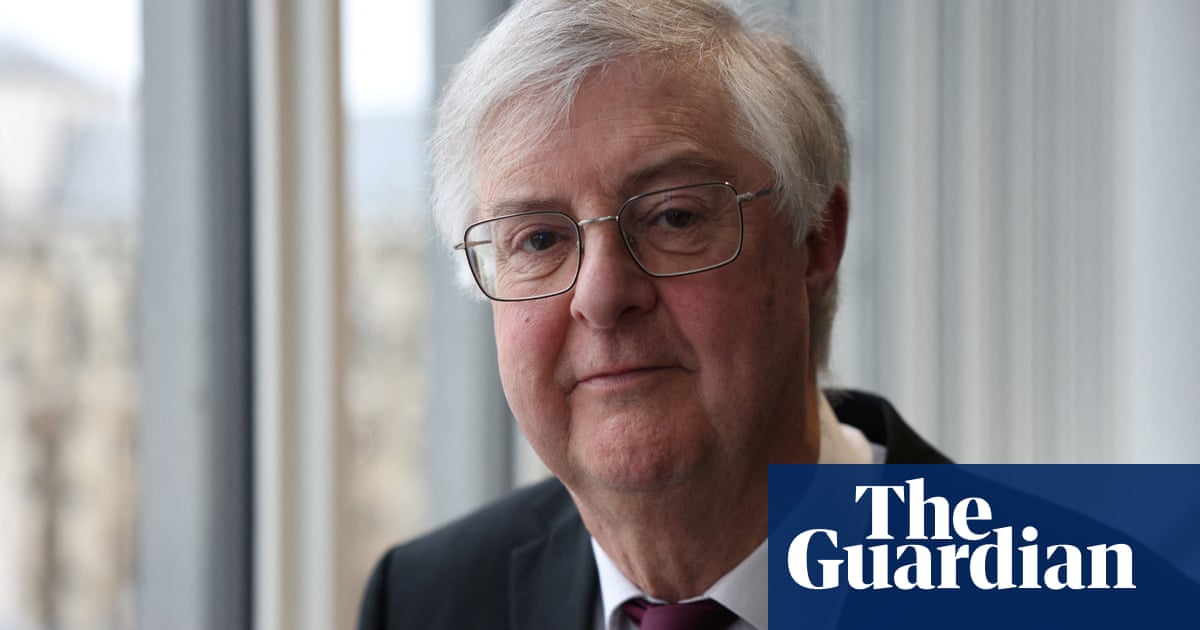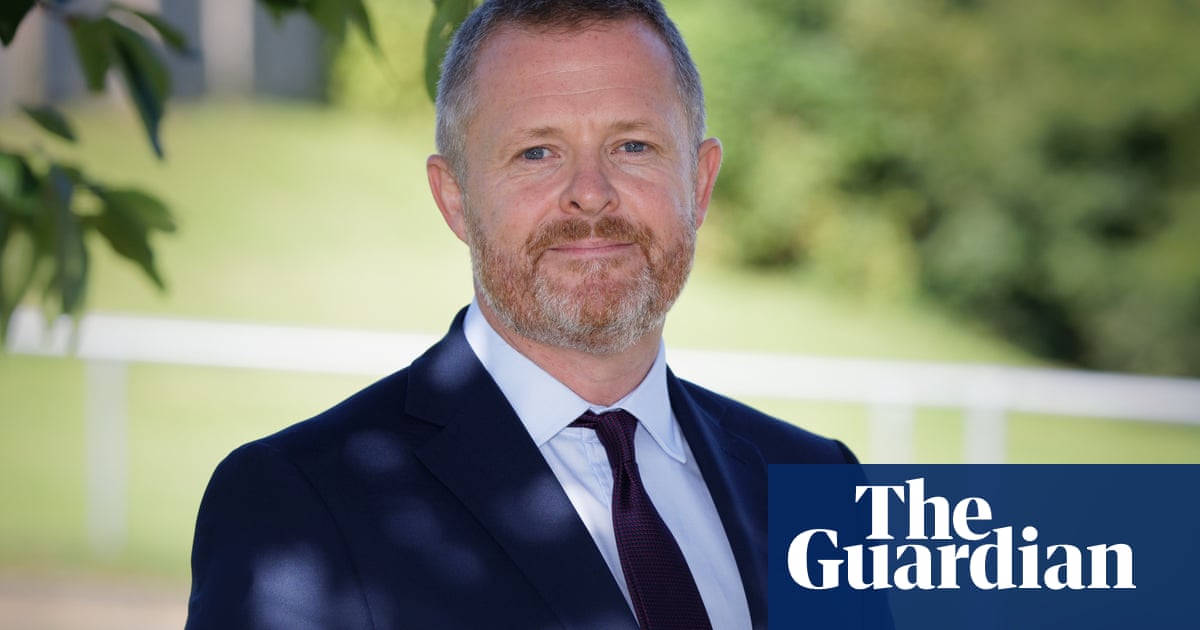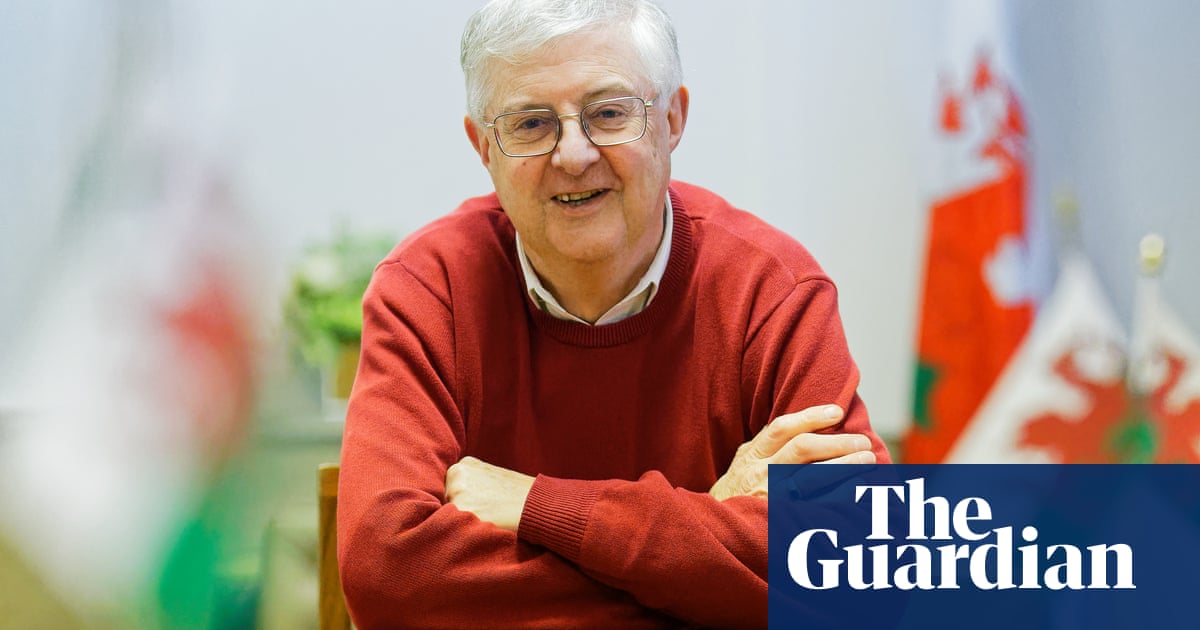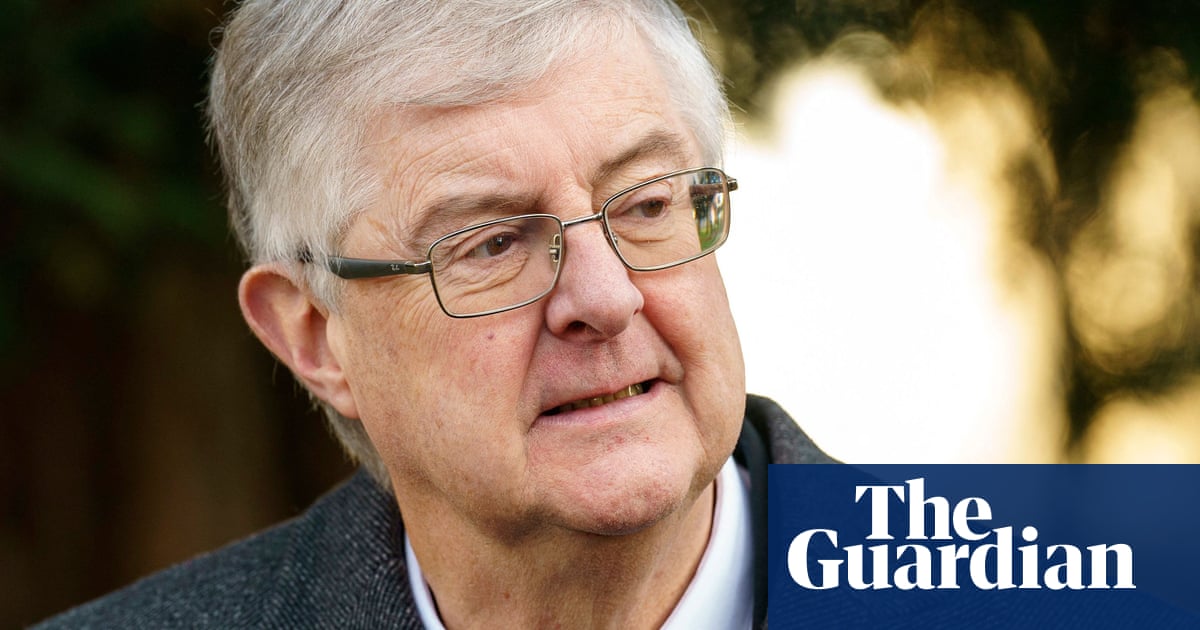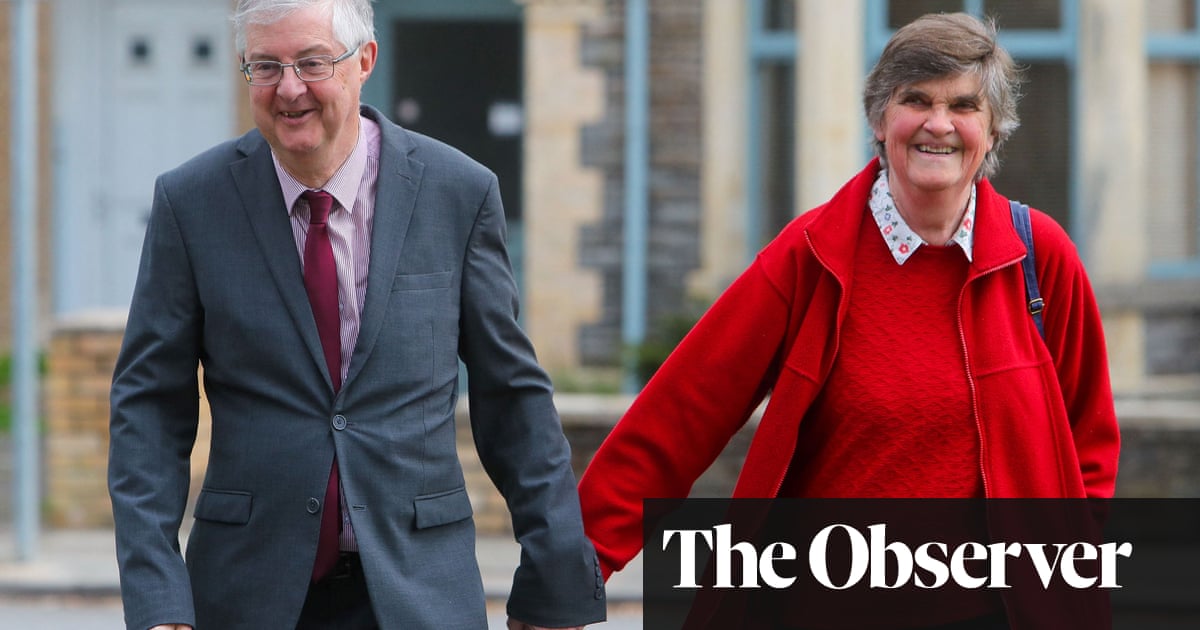
The Welsh Labour leader, Mark Drakeford, has promised to be radical and ambitious in government after his party equalled its best ever results in the Senedd election.
Labour will remain in power after winning 30 seats – one short of an absolute majority but enough to form a minority government if it chooses not to invite members of other parties into a Labour-led administration.
The Tories finished as the second biggest party with 16 seats, while Plaid Cymru won 13.
Welsh Labour put what it called an “extraordinary set of results” down to Drakeford’s careful leadership during the coronavirus pandemic. Asked if he planned to continue his cautious approach during a new administration, Drakeford said: “Well, absolutely as far as coronavirus is concerned. The pandemic has not gone away.
“A government I lead will continue to follow the science to do what our medical advisers tells us we should do, and that does mean doing things in a way that continues to keep Wales safe.
“But on other matters, our manifesto is a radical manifesto with a host of ideas that are ambitious for Wales. I’ll be very keen to ensure that we give that the most powerful sense of momentum behind it to get those things happening here in Wales.
“This really is a moment that the prime minister should seize to reset relationships across the United Kingdom, for a serious examination of the way in which we can create the machinery that will allow us to work together in the future.
“Not an approach that thinks flying more union jacks at the tops of buildings, but proper, respectful relationships that recognise that sovereignty is now dispersed across four parliaments in which we choose to pool it for common purposes.
“That’s the sort of UK that I think will have the very best chance of surviving, because it will be a UK where people want to be here, rather than are instructed to be.”
The Welsh Liberal Democrat leader, Jane Dodds, who won a regional seat in Mid and West Wales, said she had not been approached by Drakeford to help form the next government. A Lib Dem, Kirsty Williams, served as education minister in the last administration when Labour held 29 seats.
The Welsh Conservatives took Vale of Clwyd in north Wales from Labour but failed to wrest other target seats such as Wrexham and the Vale of Glamorgan from Labour.
Plaid Cymru lost its high-profile former leader Leanne Wood’s Rhondda seat to Labour. The nationalists had hoped to have some sort of role in the next government and press their case for an independence referendum to be held.
Polling at the start of the campaign suggested Labour was facing its worst ever result and was at risk of winning as few as 22 of the Senedd’s 60 seats, a loss of seven from 2016.
Laura McAllister, a professor at Cardiff University’s Wales Governance Centre, agreed with Labour’s assessment of its performance as “extraordinary”.
She put it down to a slick Labour machine in Wales and the transformation of Drakeford into an “electoral asset”. McAllister said: “Labour made the campaign about continuity, asking voters to trust Welsh Labour with the handling of the post-Covid recovery as much as they trusted Labour over the lockdowns and vaccination programme. Clearly, that worked well.”
McAllister said making Drakeford front and centre of the campaign weakened the hand of Plaid, which had tried to make it a “presidential election” between him and their charismatic leader, Adam Price.
The Tories finished with their best ever results – but they remain far behind Labour, and McAllister said she could not see a route to power for them.
The Welsh Conservative Senedd leader, Andrew RT Davies, said: “It’s clear that incumbency and continuity has played a significant part.” He said he was thrilled to see Natasha Asghar make history in South Wales East by becoming the first female from a black, Asian and minority ethnic background to be elected to the Senedd.
There was no success for the populist parties in Wales this time, five years after Ukip won seven seats.
Drakeford said Welsh Labour would be keen to work with other parties where there was common ground.
He said: “We’ve demonstrated in the past that you can govern successfully with 30 seats, but my approach will be to work with other parties where there are policy ideas that we have in common.
“No party has a monopoly of good ideas. I’m much more interested in working with others where we think that will be to the betterment of Wales than I am in the sort of political fixing of things. I’m looking forward to working with anybody who thinks that by doing things together we can do things better.”
Plaid leader, Adam Price, said his party would continue to build the case for independence. He said: “We will be a constructive but forensic opposition as we enter a crucial period of pandemic recovery.”




